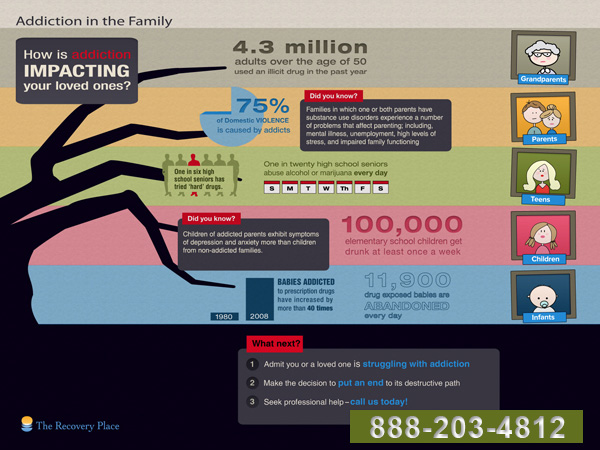Taking Care Of Triggers And Hopings After Completing Drug Rehabilitation
Taking Care Of Triggers And Hopings After Completing Drug Rehabilitation
Blog Article
Developed By-Paaske Aguirre
You have actually completed Drug rehab and taken a substantial action in the direction of a healthier lifestyle. But now, encountering triggers and desires post-rehab can be a challenging trip. Exactly how do you navigate with these minutes without compromising your progress? Understanding the techniques to cope with triggers and yearnings is vital in maintaining your soberness. Let's check out efficient ways to deal with these challenges and guard your newly found dedication to living a drug-free life.
Recognizing Triggers and Yearnings
To successfully manage your triggers and yearnings, start by identifying the scenarios or feelings that cause your wish to utilize. Take a minute to reflect on what scenarios or sensations motivate your cravings. Is it tension, boredom, social scenarios, or particular areas? By determining these triggers, you can much better prepare yourself to handle them.
Triggers can be both inner, such as adverse emotions or physical pain, and external, like being around people that utilize materials or visiting a specific place.
Focus on patterns in your cravings-- are they more constant at specific times of the day or in action to details events?
Building Healthy Coping Methods
Determining your triggers and cravings is the initial step towards structure healthy and balanced coping methods to handle them successfully. As soon as you recognize what situations, feelings, or individuals cause your desires, you can start creating a strategy to resolve them.
One efficient approach is to replace negative habits with favorable ones. For instance, if stress activates food cravings, exercising leisure strategies such as deep breathing or reflection can assist. Participating in physical activities such as workout or opting for a walk can additionally be a fantastic way to deal with desires.
One more vital element of building healthy coping strategies is to create an encouraging environment. Surround on your own with individuals who recognize your trip and can supply motivation and accountability. White Sands drug rehab Florida is necessary to establish boundaries with people that might not sustain your recuperation.
Additionally, developing a regimen that consists of healthy behaviors like regular workout, proper nutrition, and adequate rest can help you stay on track and decrease the chance of experiencing triggers and yearnings.
Seeking Support and Accountability
Developing a network of helpful people who can provide motivation and hold you liable is essential in managing triggers and cravings properly. Seek out good friends, relative, or a support system who understand your journey and can supply assistance when you deal with challenging situations.
Having a person to talk to throughout moments of lure can make a significant difference in remaining on track with your recovery. Responsibility partners can help you remain concentrated on your goals and advise you of the reasons you chose to seek help in the first place.
Recommended Online site can additionally assist in producing a structured plan to deal with triggers and food cravings, such as establishing alternative tasks or dealing mechanisms to replace need to use medications. Routine check-ins with your support system can give confidence and motivation, helping you really feel less separated in your recovery journey.
Conclusion
Keep in mind, identifying and dealing with triggers and cravings after Drug rehabilitation is a crucial part of keeping soberness.
By identifying your triggers, developing healthy and balanced coping techniques, and looking for support from liked ones or support groups, you can navigate through challenging minutes and stay concentrated on your soberness goals.
Keep in mind, you aren't alone in this trip, and with the right tools and assistance, you can conquer temptations and live a satisfying, drug-free life.
Remain solid and maintain moving on.
